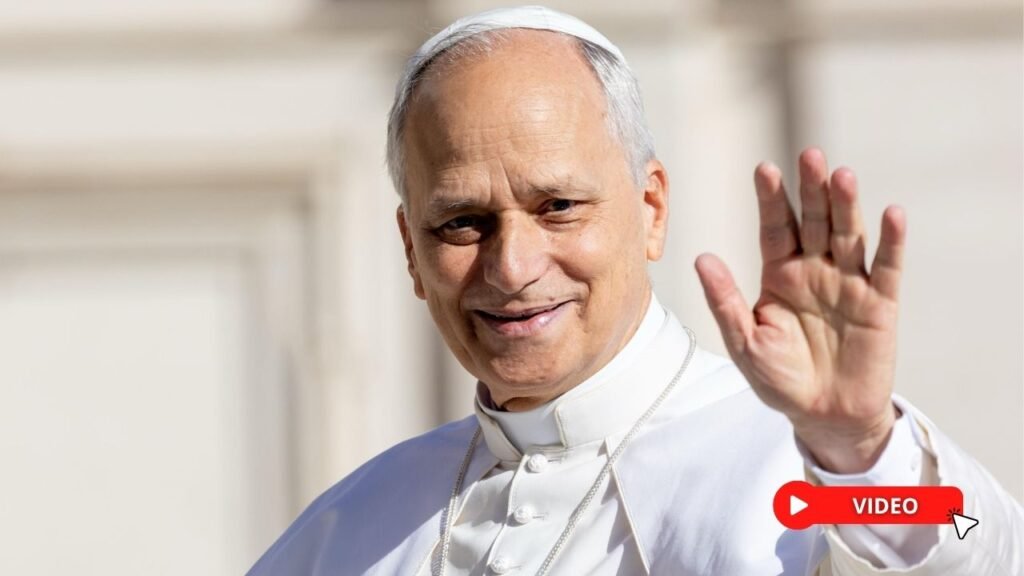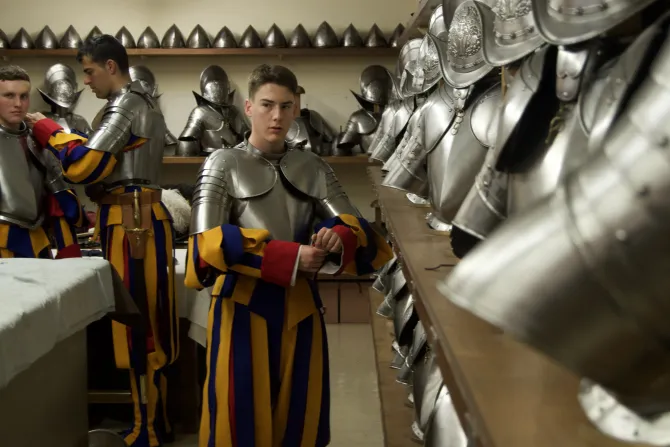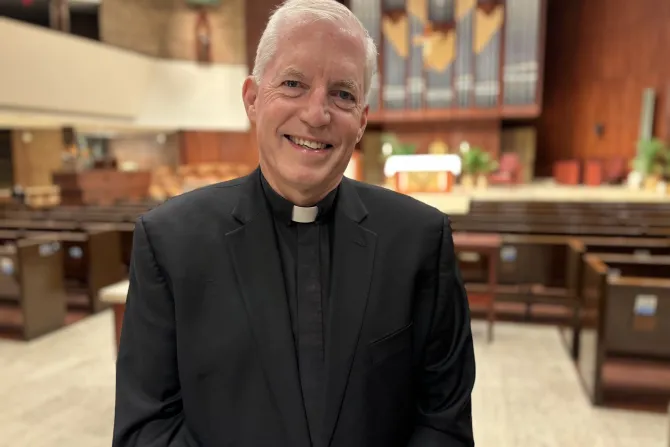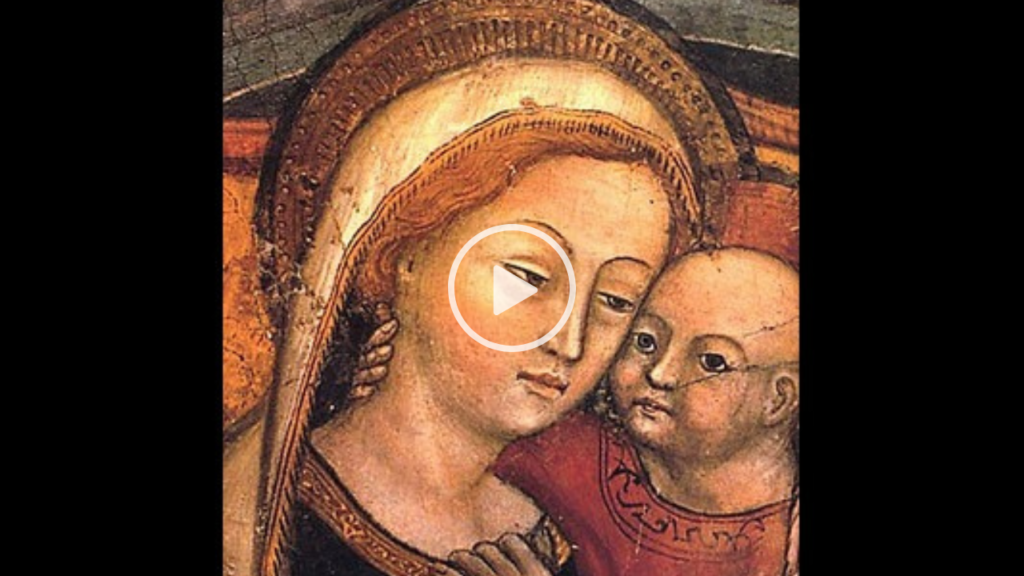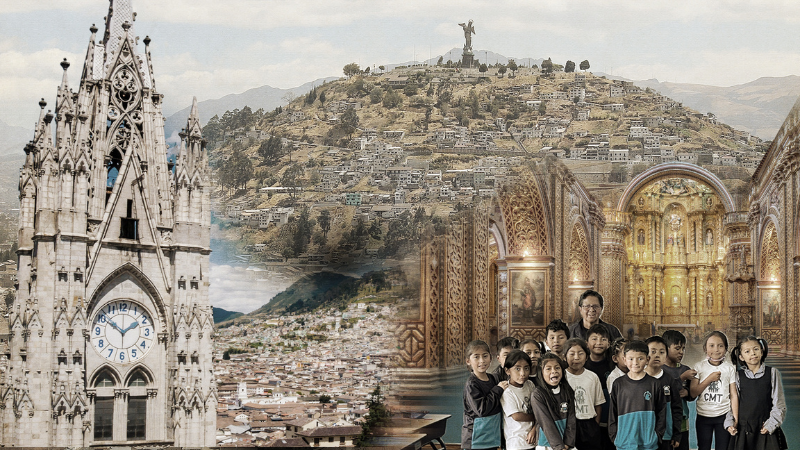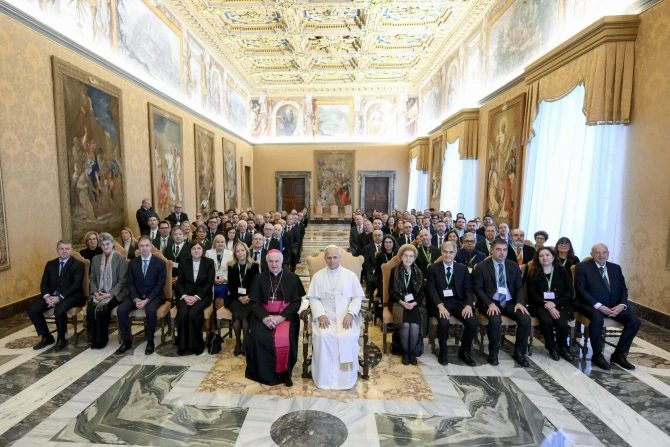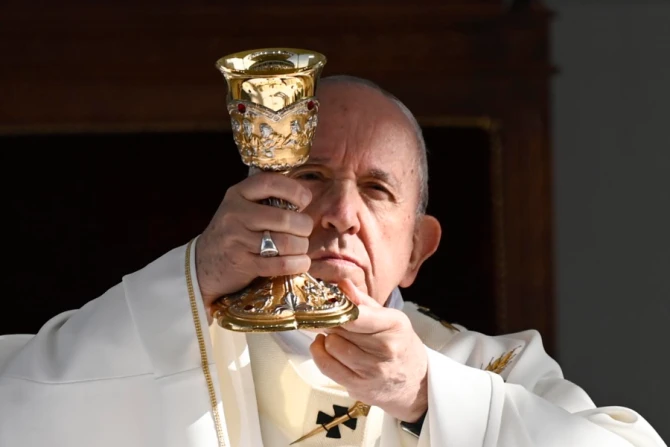VATICAN CITY — One of the longest and most vibrant events of the Holy Year was the Jubilee of the World of Education, held from October 27 to November 2. The week-long celebration, organized by the Dicastery for Culture and Education, gathered students, teachers, and academic leaders from around the world. The goal: to make schools and universities — including ecclesiastical faculties — a constellation of hope illuminating the educational path of future generations.
Facing the Challenges of Modern Education
Speaking about the difficulties confronting educators today, Archbishop Carlo Maria Polvani, Secretary of the Dicastery for Culture and Education, highlighted three major issues reshaping education worldwide.
“Education, not just Catholic education, is facing enormous challenges today. One of the challenges, at least for the most industrialized world, is the fact that you have less students because you have a demographic impact. Another problem is the fragility of many people that come to school that we have never seen at this level. The other one is the impact of AI. We hope that the Catholic Church, under the lead of Pope Leo, will be able to answer concretely to these challenges.”
Throughout the week, conferences, meetings, and spiritual celebrations filled the Vatican, offering concrete reflections and proposals to meet these growing challenges.
Educational Constellations: A Shared Vision
Giulia Cullurà, Archivist at the Dicastery, explained that the initiative sought to create five interconnected spaces — symbolic of the Church’s vision for global education.
“The main idea was to create five shared spaces, each representing a different way of being present. These five spaces animate and form what are known as the educational constellations within the global educational village.”
These “constellations” reflected how diverse educational communities — from universities to local schools — can collaborate to form a brighter, more unified future.
Pope Leo XIV: Guiding the Stars of Education
For thousands of young pilgrims in Rome, Pope Leo XIV became a guiding light throughout the Jubilee. The Holy Father presided over the opening Mass, which also marked the inauguration of the new academic year for Catholic universities. Before the liturgy, he signed an Apostolic Letter commemorating the 60th anniversary of Gravissimum Educationis, the Second Vatican Council’s declaration on Christian education.
During a meeting with students on October 30 in Aula Paolo VI, the Pope shared an inspiring message, comparing education to a telescope that allows us to see beyond what is immediately visible.
“But, as I said, a single star on its own remains just a point of light. When it joins with others, however, it forms a constellation, like the Southern Cross. This is how it is with you: each of you is a star, and together you are called to guide the future. Education brings people together into lively communities and organizes ideas into constellations of meaning.”
A Global Dialogue: The World Congress on Education
One of the highlights of the week was the World Congress titled “Educational Constellations – A Pact with the Future.” The gathering drew more than 5,000 participants from every continent, united by a shared commitment to defending the right to education and rethinking how learning can serve humanity in the age of artificial intelligence.
Fr. Roberth Alexander Hernández Gómez, Head of Office at the Dicastery, described the central themes of the congress:
“Above all, we discussed issues regarding the right to education… Because unfortunately there are still some countries where the right to education does not exist or is very limited. Then we had a second session. It was about the major changes the world is currently experiencing, among them the famous artificial intelligence, which is increasingly present. So, the Catholic education’s response to this new phenomenon, to these new paradigms that are emerging today.”
From early childhood education to higher education, the congress emphasized the human dimension of learning — one that builds communities and bridges across cultures.
A Universal Celebration
The universality of the Church’s educational mission was visible not only in the diversity of participants but also in the liturgical celebrations. Fr. Piotr Bajor, Referent for the Dicastery, described how the Mass itself reflected the Church’s global presence.
“Even the liturgy of the Mass — which is also significant — and the language of the prayers of the faithful were prepared in various languages such as Korean, Chinese, and Arabic. This highlights the peripheries of the world, where there are also many Catholic universities in Asia and Africa. We have developed this space very thoroughly. As our Prefect, Cardinal Mendonça, emphasizes: this Jubilee exists to show the world — and ourselves — the richness of the Church’s system, its educational structure, and Catholic education.”
Saint John Henry Newman: Light of Learning
The Jubilee concluded with a solemn Mass in St. Peter’s Square, presided over by Pope Leo XIV. In his homily, the Holy Father proclaimed Saint John Henry Newman a Doctor of the Church, calling him a master of “theory and practice of education” who continues to inspire Catholic educators around the world.
Newman, the Pope said, invites us to offer the “Kindly Light” of faith and intellectual integrity — a guiding flame for the educators of today and tomorrow.

